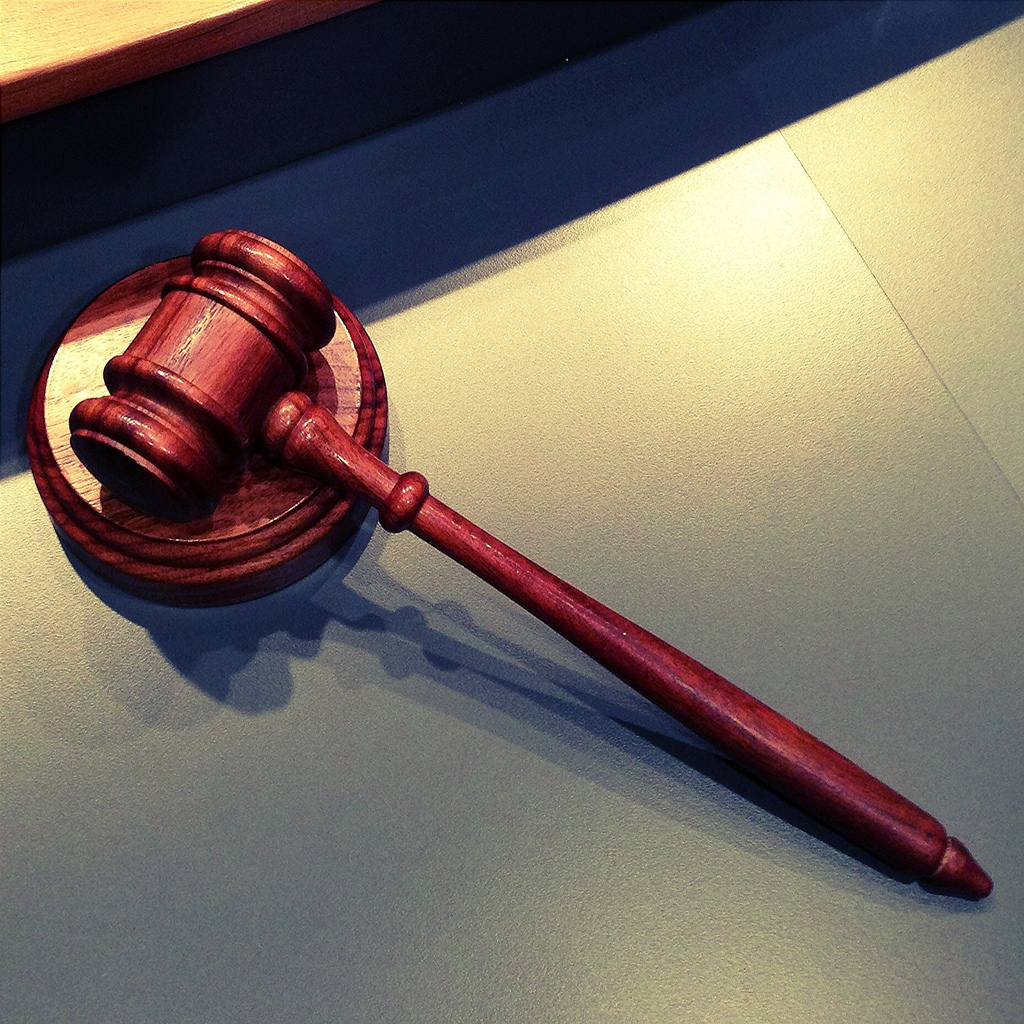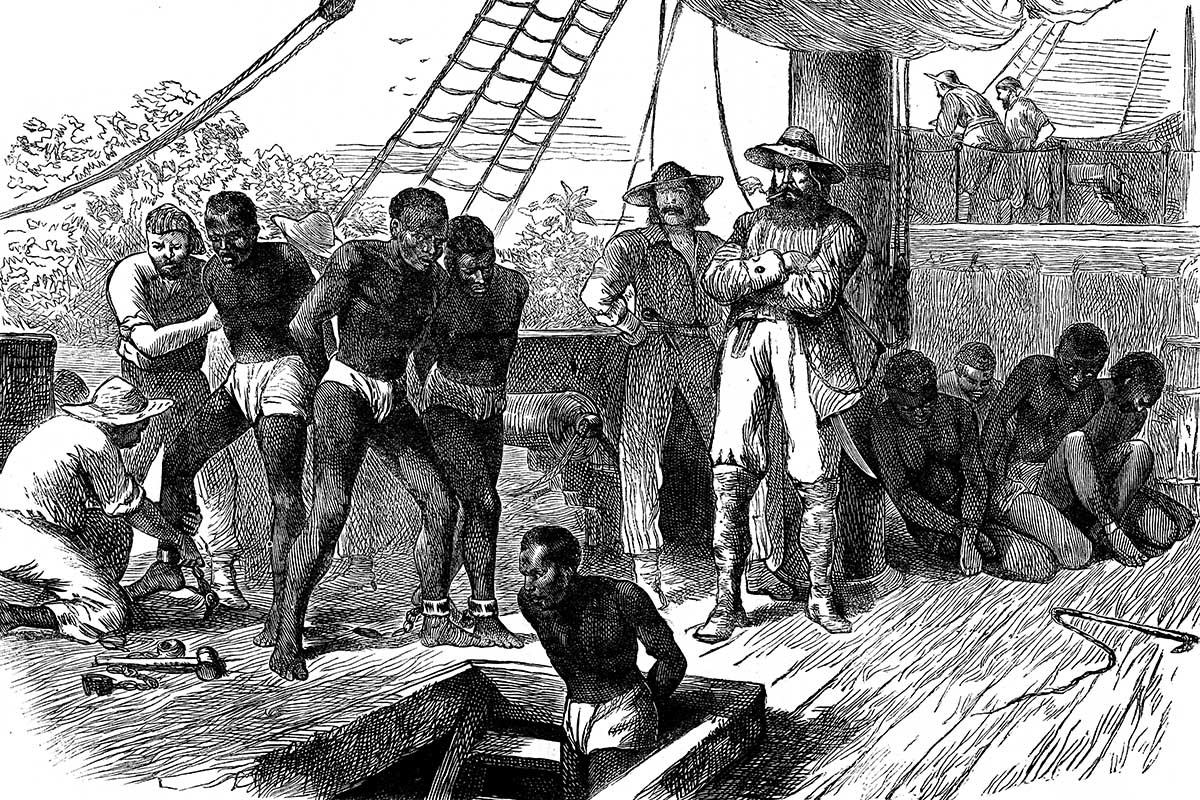“The Privy Council in 21st century justice”
January 2nd, 2017 While there is some debate about the role of the Privy Council, Jake Elson, 22, a Commonwealth Correspondent from Bunbury in Australia, argues that the critical function of justice is best determined by those who are directly affected.
While there is some debate about the role of the Privy Council, Jake Elson, 22, a Commonwealth Correspondent from Bunbury in Australia, argues that the critical function of justice is best determined by those who are directly affected.
‘The administration of Justice is the firmest pillar of Government’. This quote, in a letter by retired US General and later first US President George Washington to Edmund Randolph, is without a doubt the most truthful statement ever written on the role of the courts in any government. Without true justice, government is weak.
Across the English-speaking Caribbean, particularly in those nations which maintain the Privy Council as the highest court, what constitutes true justice is up for debate. Is it national and/or regional judicial independence? Or is it subscription to a court on the other side of the Atlantic because that court has a track record of upholding the law and maintaining the right?
In Grenada, this question was recently put to a constitutional referendum. Along with seven other questions, it was rejected by a majority – 57 per cent, in fact. It required two thirds majority to pass. A similar referendum proposed in Antigua and Barbuda under similar rules has received a similarly mixed reaction, and Prime Minister Gaston Browne has mooted calling it off altogether if polling does not improve.
It is a recurring theme in the Caribbean. The Court of last resort, the Caribbean Court of Justice, founded in 2001, only has three nations which subscribe to it – Guyana, Barbados and Belize. All three did so via constitutional amendments which only required approval of parliament. In Jamaica, partisan gridlock means judicial or constitutional reform will have to require the support of the people – which, much like Grenada, will most likely fail.
It is a frustrating problem amongst those clamouring for change. The crux of the issue revolves around nationalism – the idea that a foreign jurisdiction isolated from the region, let alone the former colonial power, should impart any influence on the active running of their government is an abhorrent reality. It is a symbol of colonial rule, and the affinity for it dies with every passing generation, even more so when nations of equal status such as Australia, India and Canada replaced it decades ago.
The argument is also practical. The Privy Council, apart from rare sojourns, sits in Middlesex Guildhall in London. Judges are those of the UK Supreme Court (which, in an ironic twist, assumes the functions in the UK that the Privy Council has for its international jurisdictions), and often lack basic knowledge of the nations for which they sit. It can cost upwards of $75,000 to lodge an appeal. It often always requires English-qualified barristers, which is expensive in itself.
Yet for some, the cost is worth every cent. Caribbean courts are perceived in some nations to be kangaroo courts, more influenced by politics than dispensing justice. The landmark case, Pratt v AG, ruled in 1993 that keeping prisoners awaiting execution on death row for more than five years amounted to cruel and unusual punishment (United States, take note!) Even more recently, in 2015, an attempt by the governing party of St. Kitts and Nevis to gerrymander the electoral boundaries in their favour was struck down by the Privy Council as unconstitutional. That party was voted out for the first time in two decades several days later.
Things like this no doubt anger governments that feel it impedes their ability to govern. But with such instances as these, there is hesitancy from the populace for change. But what of its proposed replacement, the Caribbean Court of Justice? With the fear of the nature of politics infiltrating this regional body (or suffering a fate from internal friction as was the fate of the West Indies Federation), it is looked upon with skepticism.
However, rulings from the CCJ have begun to prove somewhat liberal and humanitarian. For one, unlike the Privy Council, the CCJ can be heard in its member nations, with the possibility of videolink. Its judgments aren’t all the doom and gloom either. The supposed ‘hanging court’ overruled a death sentence in a manner which, in the words of The Guardian’s Phillip Dayle, was ‘arguably in the liberal tradition of the Privy Council’. Dayle does, however, mention that the courts vibe (You can thank the Australian movie ‘The Castle’ for that phrase!) will be tested when issues such as civil liberties are presented.
The Privy Council is quite clearly not an appropriate International court, but neither is it an anachronism (only somewhere in between). It is, however, in Britain on the way out, with its functions reduced to prize courts and Church of England issues. Only the future will tell if its international subscriber nations will leave it altogether. But that issue belongs to the citizens of those nations, and is theirs alone. It is their choice as to whether or not it is the firmest pillar of justice.
Photo credit: cplong11 78/365: Gavel via photopin (license)
…………………………………………………………………………………………………………………
About me:
I am a history buff, but also am into soccer. I referee soccer, and would like to go FIFA one day. I’m currently studying politics and international relations at Edith Cowan University. My aim is to become a police officer in Western Australia, and I would like to be Prime Minister one day.
I am a Conservative and a Monarchist, and believe in the role of the Commonwealth as a tool for good.
…………………………………………………………………………………………………………………
Opinions expressed in this article are those of the author and do not necessarily represent the views of the Commonwealth Youth Programme. Articles are published in a spirit of dialogue, respect and understanding. If you disagree, why not submit a response?
To learn more about becoming a Commonwealth Correspondent please visit: http://www.yourcommonwealth.org/submit-articles/
…………………………………………………………………………………………………………………




